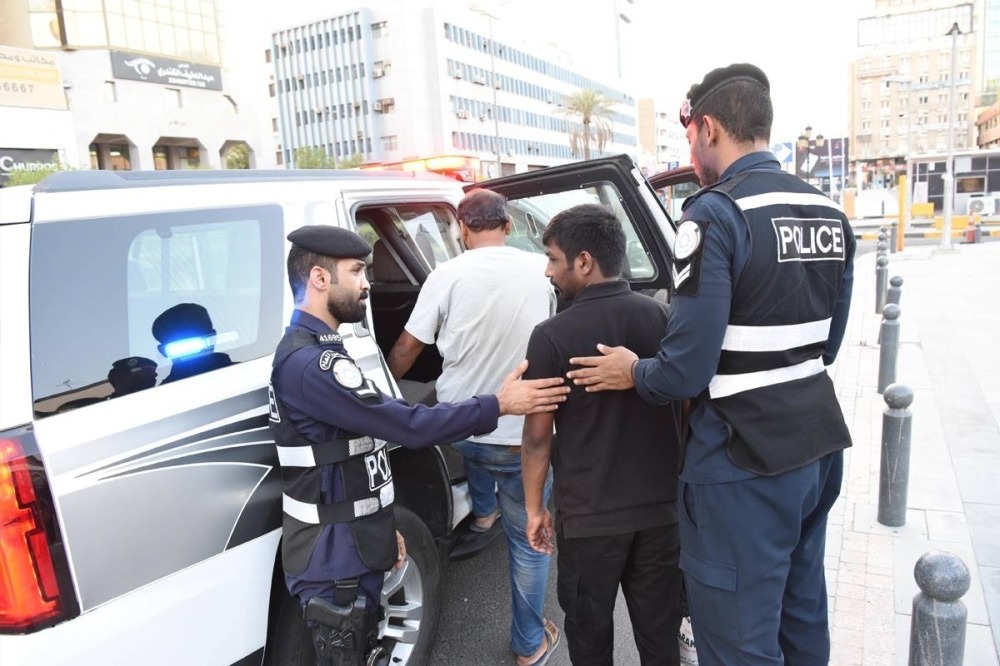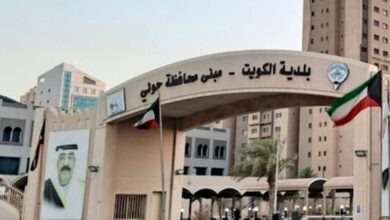Interior ministry’s campaign nets 713 residency violators
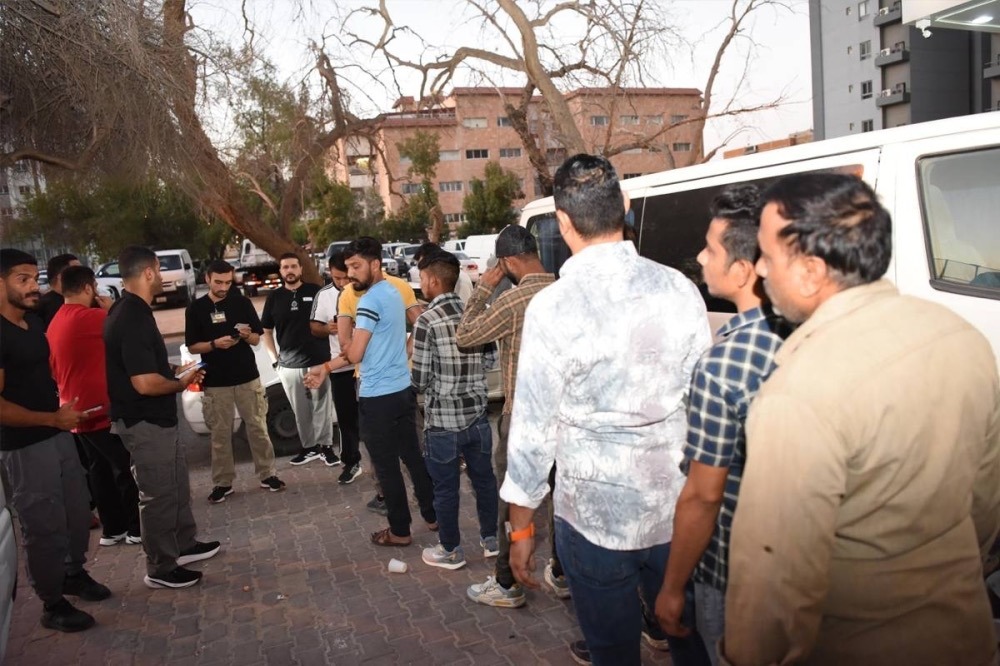
- The Ministry of Interior (MOI) conducted a major campaign targeting residency law violators, apprehending 713 individuals.
- The campaign began at dawn and concluded around 7:00 a.m., with security measures lifted afterward to minimize disruption.
- Senior officials, including Lt. Gen. Salem Al-Nawaf, supervised the operation, which covered areas like Jleeb Al-Shuyoukh, Mahboula, Hawally, and Jahra.
The Ministry of Interior (MOI) in Kuwait has launched a comprehensive campaign to apprehend residency violators.
This follows the expiry of a grace period that ran from March 14 to June 30, which allowed violators to regularize their status.
Campaign execution and oversight
The campaign, directed by high-ranking officials, was overseen by Undersecretary of the Ministry, Lt. Gen. Salem Al-Nawaf. According to sources from Al-Jarida newspaper, it involved collaboration between various sectors like Public Security, Special Forces, Traffic, Operations, and Residency.
The targeted areas included Jleeb Al-Shuyoukh, Mahboula, Hawally, and Jahra.
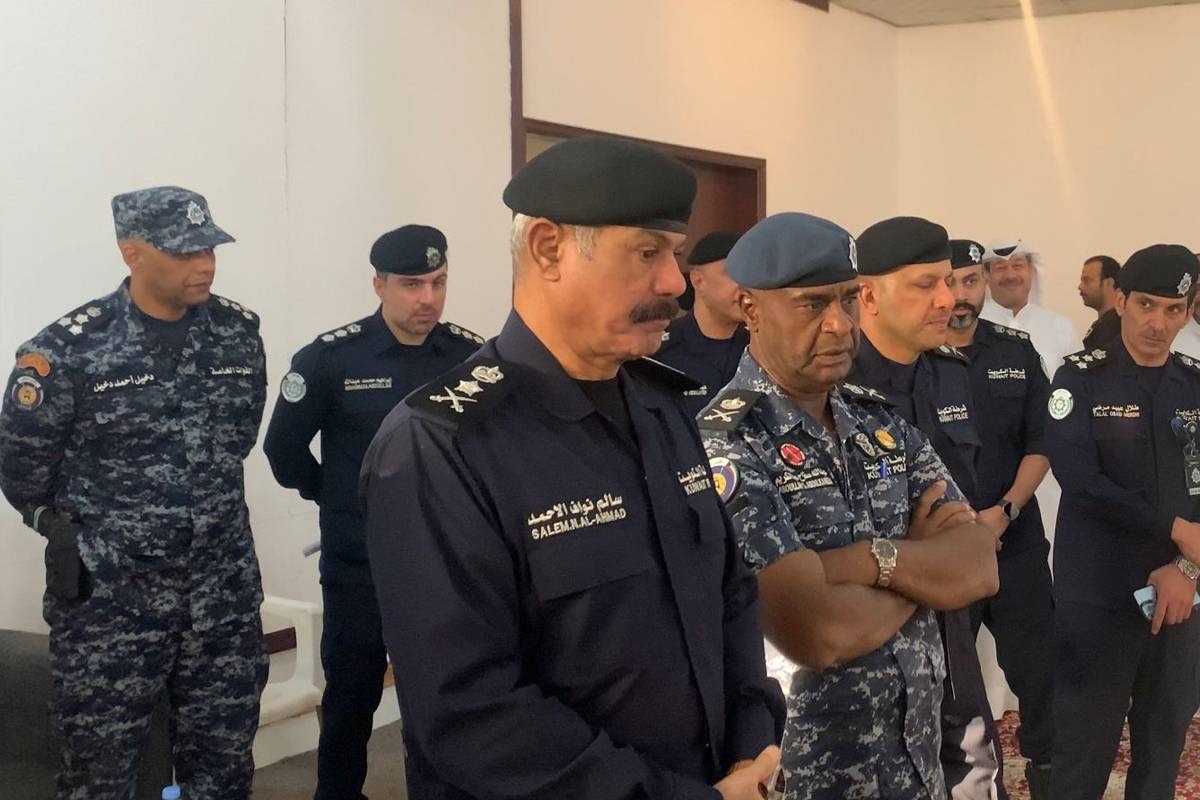
Ensuring legal compliance
The operation was conducted with precision to ensure it did not affect expatriates with valid residency permits. Field officers used fingerprint verification on-site to identify those without proper identification.
Individuals found to be violating residency laws were detained, while those with valid residency but missing identification were released after verification.

Legal action and detainment
The MOI has taken legal action against the detained violators and transferred them to the relevant authorities for processing and deportation.
The detainees will be held at designated locations like the Shelter Center, Deportation Prison, the new Juvenile Building, and the General Department of Residency Affairs. Their deportations will be coordinated with their respective embassies.

Consequences for the sponsors
The Ministry of Interior has outlined clear consequences for sponsors of residency violators. The travel costs associated with deporting violators will be borne by their sponsors.
This financial responsibility serves as a deterrent and underscores the sponsor’s role in ensuring the legal status of those they sponsor.
Sponsors who neglect to cover these deportation costs will face legal repercussions. These consequences include security blocks and restrictions on issuing new visas or sponsorships.
These restrictions remain in place until the outstanding deportation costs are settled.
Coordinated efforts by various departments highlights ministry’s commitment
The campaign was a large-scale operation supported by Special Forces and various departments from the Ministry of Interior.
This ensured a secure perimeter around the targeted areas and allowed for thorough inspections.
The operation served as a clear demonstration of the MOI’s commitment to upholding the law and maintaining public order.
Lieutenant General Salem Al-Nawaf personally oversaw the campaign, accompanied by senior MOI officials. They conducted site visits to security checkpoints in Mahboula, Jleeb Al-Shuyoukh, Hawally, and Jahra.
These visits aimed to ensure the smooth execution of the operation. The officers were instructed to treat expatriates with respect and humanity during the verification process.
A central operations room was established in Jleeb Al-Shuyoukh. This room functioned as the central hub for managing and monitoring all checkpoints. It also facilitated coordination with field units deployed throughout the operation.
Officers from the General Department of Operations manned the central operations room, ensuring seamless communication and collaboration among all participating units.
Traffic and Operations sectors played a crucial role in securing the targeted areas. This included patrols from the General Department of Traffic and the General Department of Rescue Police, who secured entry and exit points.
Additionally, General Security patrols conducted inspections within the interior streets of the targeted zones.
Operational challenges and considerations
The campaign had unintended consequences, with several construction and labor companies reporting significant labor shortages.
This occurred because many workers, including those with legal residency status, were unable to reach their work sites due to the operation.
This highlights the widespread impact such operations can have on various sectors that rely heavily on expatriate labor.
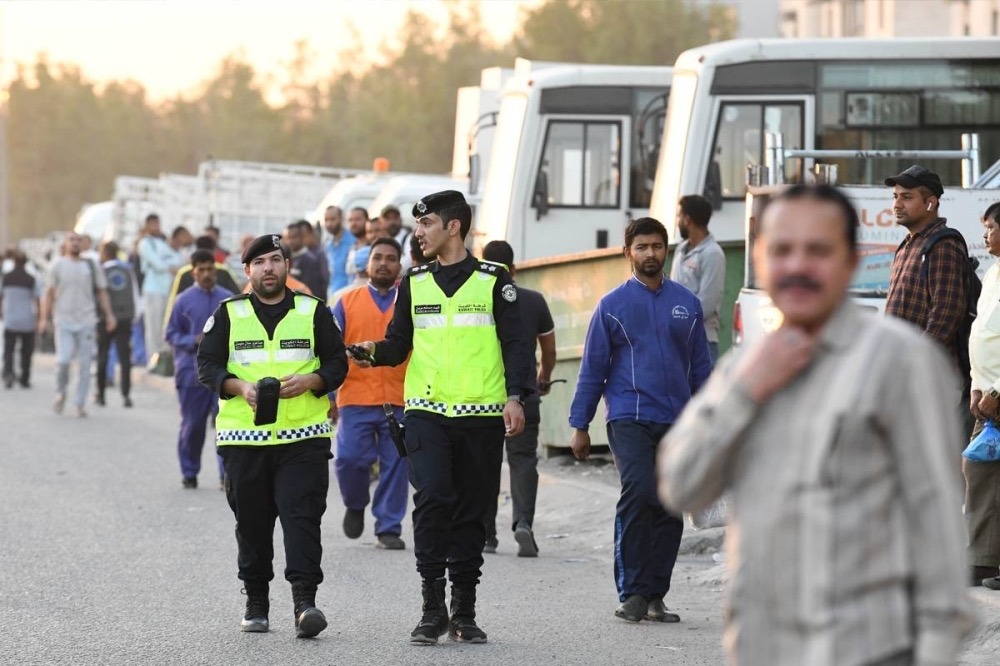
The campaign commenced at dawn and concluded around 7:00 a.m. Following the conclusion, security measures were lifted to minimize disruption.
This allowed residents to commute to their workplaces without hindrance. The MOI emphasized that the campaign was temporary and solely aimed at identifying and apprehending residency violators.
Campaign results
An MOI source revealed valuable insights regarding the recent grace period offered to residency violators.
During this period, approximately 16,000 individuals were able to regularize their status and remain in the country legally.

Conversely, around 12,000 individuals chose to depart the country. These figures provide context for the estimated total number of residency violators, which currently ranges between 130,000 and 160,000.
The MOI’s recent efforts yielded significant results. They apprehended a total of 713 individuals residing in Kuwait without proper documentation or in violation of their residency status. These violators will now face deportation proceedings.
Call for public cooperation
The MOI has emphasized its unwavering commitment to enforcing residency laws. Enforcement campaigns will continue to be conducted to ensure compliance.
Public cooperation is crucial in this effort. The ministry urges the public to refrain from harboring or sheltering individuals residing illegally in the country. Doing so will result in legal repercussions.
To facilitate the reporting of violators, the ministry has established a dedicated emergency hotline (112) and encourages residents and citizens to utilize it.








